Fall Landscaping Checklist
Fall is here, and while the colorful leaves and crisp air are lovely, it’s also a critical time to prepare your yard for winter. With the right steps, your lawn, garden, and outdoor spaces can stay healthy and look amazing well into spring.
Here’s a practical fall landscaping checklist to guide your seasonal yard work.
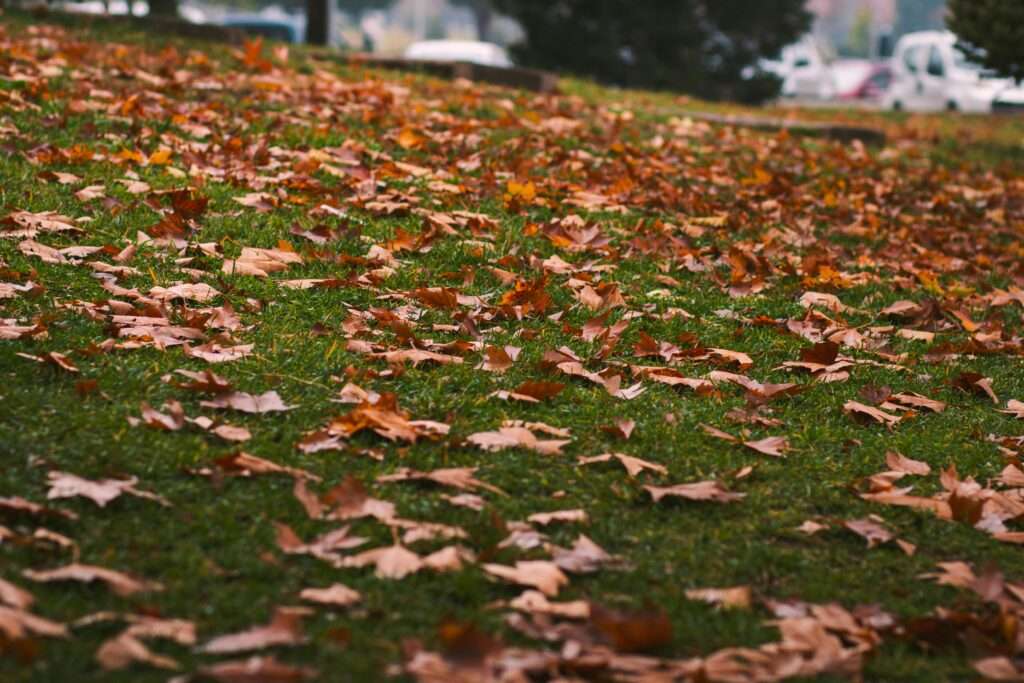
1. Clean Up Leaves (But Don’t Overdo It)
A blanket of leaves may look pretty, but if left too long, they can smother your grass and create mold.
Lightly mulch garden beds to insulate plant roots over the winter.
Rake leaves regularly or use a mulching mower to return nutrients to the soil.
2. Fertilize Your Lawn
Fall is the best time for a final lawn feeding.
- Use a fertilizer high in potassium to strengthen roots for winter.
- Ensures a greener, healthier lawn in spring.
3.Clean Interlock Patios & Decks
Outdoor hardscapes need attention too:
Check for loose stones or boards and repair before snow or ice sets in.
Sweep and power-wash interlock patios to remove leaves, dirt, and moss.
Clean and seal wood or composite decks to prevent water damage over winter.
4. Winterize Outdoor Features
- Drain irrigation systems and hoses.
- Cover or store patio furniture to prevent winter damage.
- Check outdoor lighting for burned-out bulbs or wiring issues.
5. Add Fall Planters & Seasonal Interest
- Use mums, ornamental kale, pumpkins, or grasses to brighten entryways.
- Evergreens provide color and texture during the dull winter months.
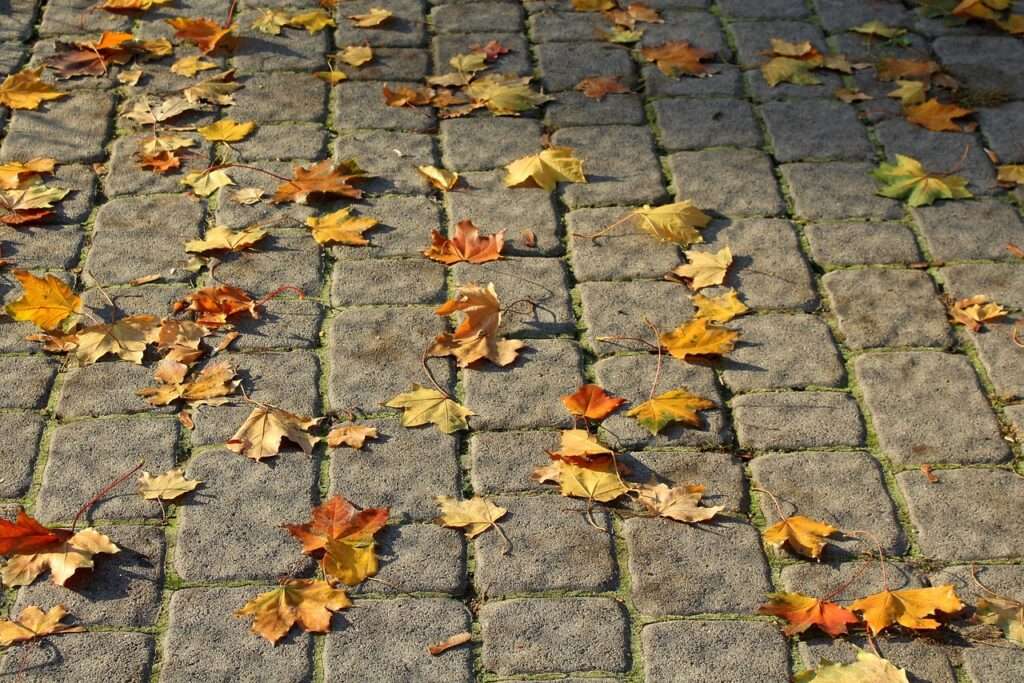
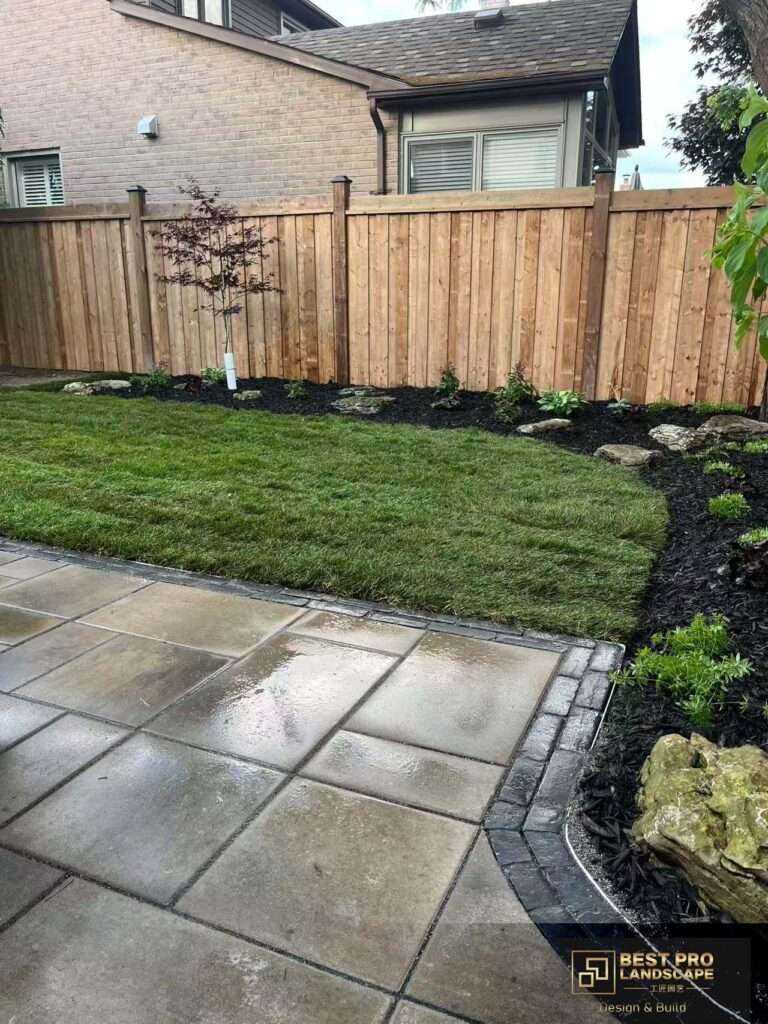
6. Plant Trees, Shrubs, and Bulbs
Fall is ideal for planting because:
Add shrubs or small trees for structure and year-round appeal.
Cooler weather and warm soil encourage root growth.
Plant spring-blooming bulbs like tulips, daffodils, and alliums.
7. Trim Perennials & Remove Dead Annuals
Prepare flower beds by:
- Cutting back perennials like hostas, daylilies, and peonies.
- Removing dead annuals to prevent pests and disease.
- Leaving some seed heads on ornamental plants for birds and winter interest.
4. Plant Trees, Shrubs, and Bulbs
Fall is ideal for planting because:
- Cooler weather and warm soil encourage root growth.
- Plant spring-blooming bulbs like tulips, daffodils, and alliums.
- Add shrubs or small trees for structure and year-round appeal.
5. Water Deeply Before Frost
Even in cooler months, water:
- New plantings and lawns until the ground freezes.
- Deep watering protects roots from winter drying.
6. Mulch for Winter Protection
Mulch garden beds and around trees:
- Regulates soil temperature.
- Retains moisture.
- Prevents weeds.
Tip: Keep mulch a few inches away from tree trunks to avoid rot.
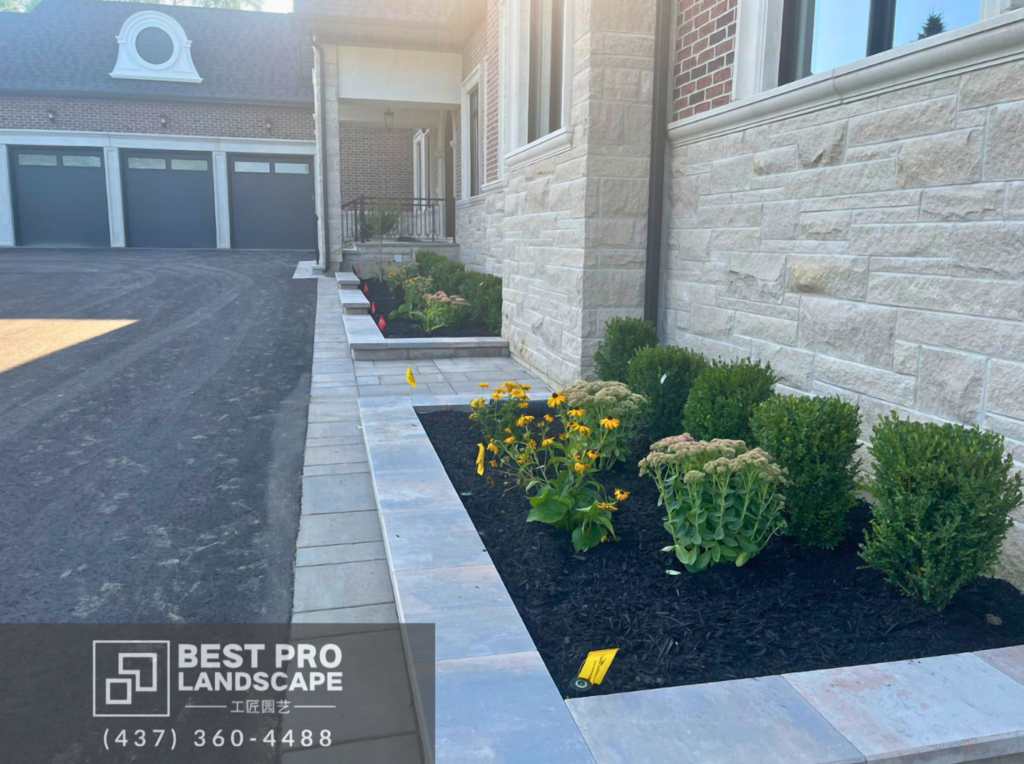
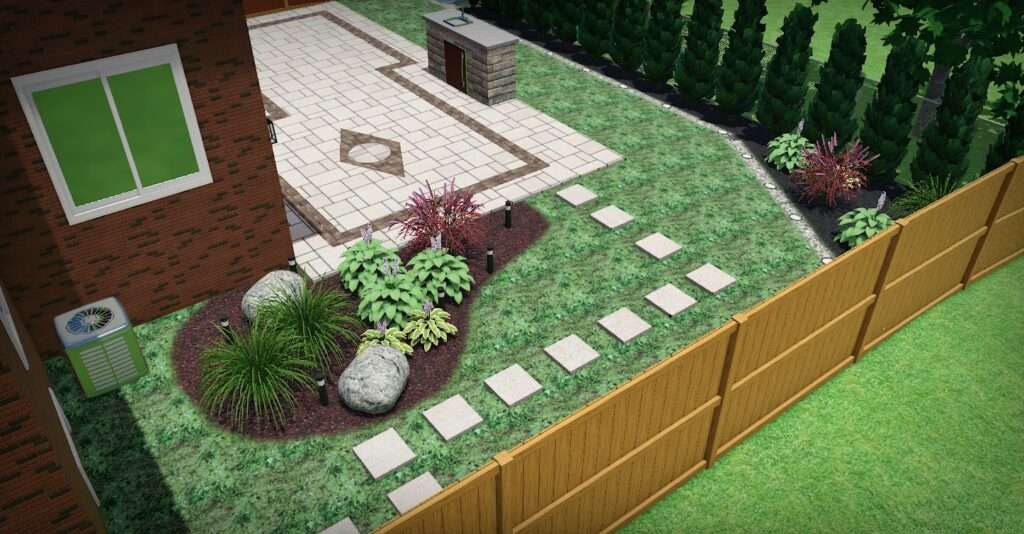
9. Refresh Landscape Design
Fall is a great time to evaluate your landscape layout:
Schedule upgrades or renovations to be ready for spring.
Plan new walkways, borders, or low-voltage lighting.
Combine hardscape and plantings for visual balance.
10. Add Fall Planters & Seasonal Interest
- Use mums, ornamental kale, pumpkins, or grasses to brighten entryways.
- Evergreens provide color and texture during the dull winter months.
Final Thoughts
A little effort in the fall sets your yard up for a healthy, vibrant spring. From leaf cleanup and lawn care to deck cleaning and interlock maintenance, proper fall landscaping protects your investment and boosts curb appeal.
At Best Pro Landscape, we specialize in seasonal landscaping, and outdoor design — helping homeowners make the most of every season.
